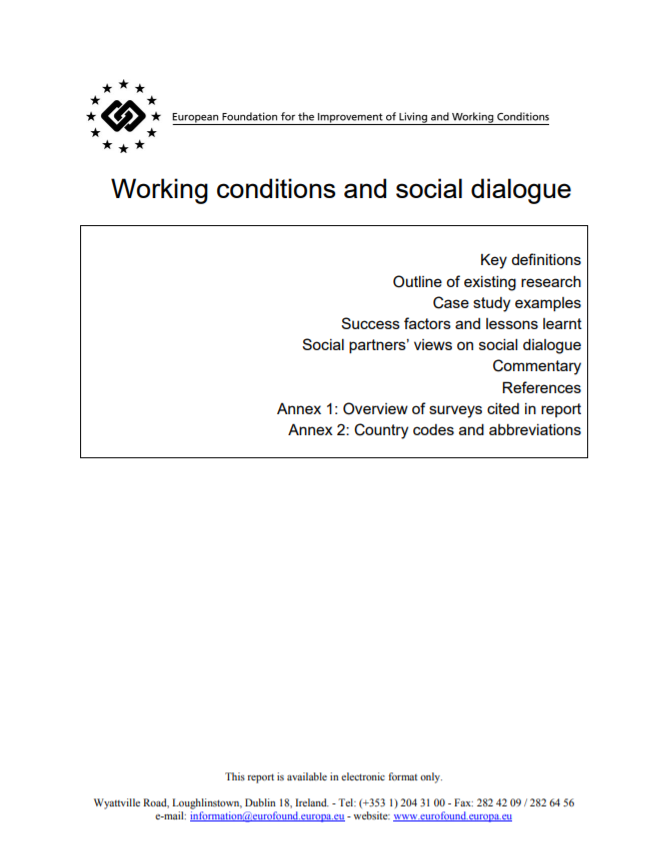
TUDCN has undertaken three national case studies in Ghana, Indonesia and Uruguay to analyse social dialogue within the countries in its various forms, with particular focus on the formalisation of these dialogues at different administrative levels and its contribution to development. The studies are authored by national trade union specialists and include examples of good practice as well as of limitations of the different contexts.
The Ghana case study puts forward the role of institutionalised social dialogue in increasing the minimum wage. It also highlights how other forms of social dialogue, including consultations and discussions, have contributed to the elaboration of the Poverty Reduction Strategy; of national employment, youth and social protection policies; and to the inclusion of social partners on the governing boards of public institutions.
For the original source, please click here.




